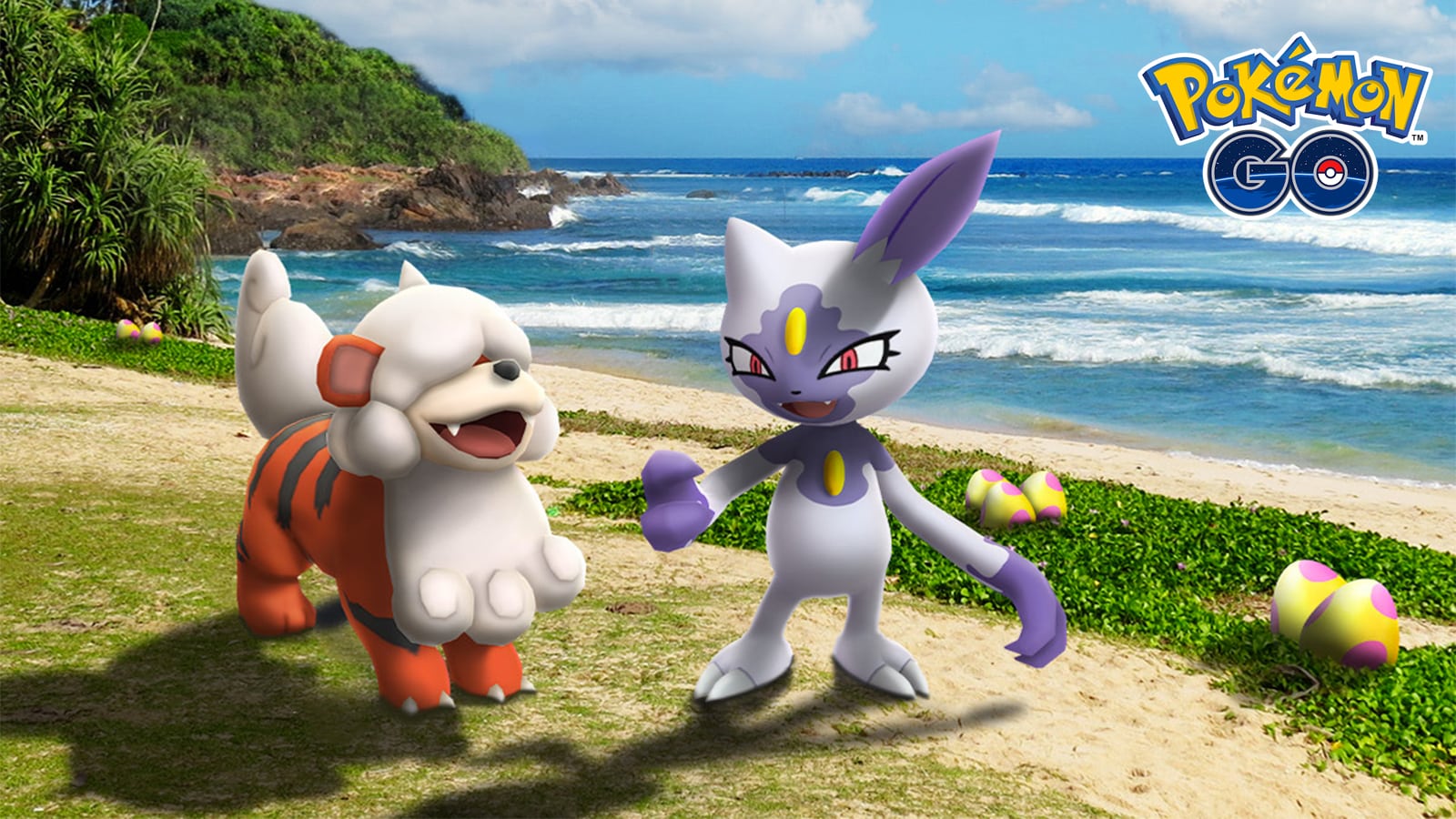Pokémon Go generates sales from visiting game players, but the data’s predictive value may be overrated

A recent survey backs sales lift, but a data expert doubts the usefulness of tracking ‘anomalous’ visits. The Pokémon Go craze is an Extra Update boon for digital marketers. Maybe yes, maybe no. A recent survey indicates that the game is generating some sales at businesses. However, one marketing data expert contends that the game’s location data is too atypical to be very useful for predictive marketing.
Chicago-based Slant Marketing recently conducted an online survey of 500 game-playing U.S. respondents via Amazon’s Mechanical Turk. While the survey raises almost as many questions as it answers, it is one of the first to validate that Pokémon Go-driven visitors can stimulate business sales. In short, Slant Marketing V.P. and GM Chris McGuire told me the survey looked at Pokémon Go-related behavior that can increase sales, suchas visiting a store or restaurant.
The survey found that each game player spent an average of $11.30 for every Pokémon-related visit to a business. Of course, the amount varied by the company since the purchase might be an extra drink or two at a bar but only a small bottle of water at a convenience store. The survey did not separate sales from location-specific “lures,” which businesses can buy for 99 cents for half an hour to attract characters and players looking for those characters. It also did not differentiate sales from nearby PokéStops or Gyms, popular character-attracting locations established by the game’s engineers, not businesses.

READ MORE :
- Three Internet Marketing Tips To Increase Your Income
- Internet Marketing: Use This Technique To Your Success
- Uganda: Can’t Teach, Can’t Learn! the Story of Mass Mis-Education in Uganda
- AI-powered Revuze enters the U.S. market to help brands figure out what’s bothering customers
- After the Yahoo data hack, here are 15 tips to protect yourself
But here’s a key stat: 48 percent of respondents who went to business locations because of the game stayed 30 minutes or longer.
All that data
Additionally, a third of respondents said they were lured to a business because of the game a couple of times weekly, while 18 percent said they were attracted daily. So, some repeat business is happening within the context of the game, although the study did not measure if players returned to a company for non-game reasons.
Some businesses already offer discounts, such as giving a price break if a player shows a screenshot of the location with an overlaid character, thus confirming participation in the game. Many businesses promote these discounts on social media, so some players’ likely visits generate word-of-mouth to encourage others.
Eighty-two percent of players visited a business while playing the game. Fifty-one percent of players went to a company for the first time specifically because of the game, and 71 percent saw a company because of PokéStops or Gyms nearby. Sixty-eight percent called a company because of lures there.
By type, 86 percent were restaurants, 47 percent were coffee shops/cafes, 38 percent were groceries or convenience stores, 26 percent were bars/pubs, and 23 percent were clothing/accessory stores. Based on these stats, Slant’s McGuire pointed out that Pokémon Go-induced sales could be better for companies with multiple locations so that game-related promotion can be spread across sites. Also, a visitor might venture into the same coffee shop in a different place if she visits a similar one elsewhere because of the game. That’s the foot traffic angle. Digital marketers might also be drooling at the prospect of the data that Pokémon Go is generating. Still, at least one data expert thinks that, at least for now, its value may be overblown.